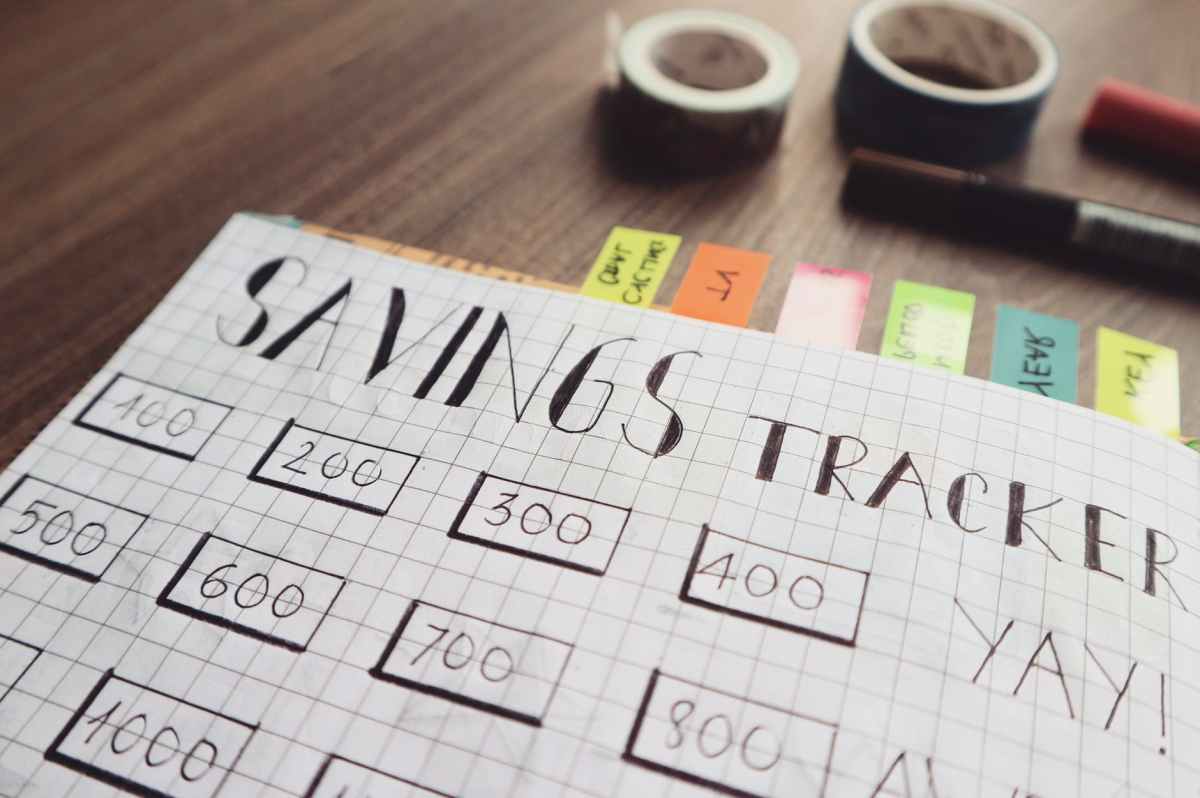Contrary to popular belief, good financial well-being is not achieved by simply having a lot of money in the bank. For Mariel Bitanga of Simply Finance, a boutique financial planning firm committed to empowering Filipino women, having adequate savings is a good start but it’s also important to regard personal finance holistically. This means saving and spending your money properly, borrowing wisely, and setting clear financial goals. “Good financial health is all about balancing each of these pillars,” she advises.
Mariel provides more specific tips below:
- Have a savings plan. Saving your money is good, but don’t fall into the trap of becoming an over-saver, or someone who constantly puts away money — and just leaves them there. While over-saving is an admirable practice on the surface and is better than over-spending, it’s better to invest your savings in money market accounts or mutual funds so that the money grows in value over time.
Another way to maximize your savings is to split them up into different accounts, each with its own purpose. “By opening multiple savings accounts, it becomes easier for you to identify financial goals and make sure you are on track to achieving them,” she says.
- Stick to a budget. The basic rule of managing your expenses is to make sure you are not spending more than you earn. This does not mean, however, that you should forego buying your ‘wants,’ be they make-up, fashion, toys, travel, etc. “Buying these are fine on occasion,” Mariel assures. “Just make sure you spend more on the things that are important to you and less on items that are not as important.”
- Borrow wisely. “It’s perfectly okay to have debt, but don’t take out a loan to buy frivolous things or because you are in competition with someone else’s standard of living,” Mariel advises. “If you must borrow money, do it to purchase things that will increase in value over time, like a house loan or to further your education.”
“It’s perfectly okay to have debt, but don’t take out a loan to buy frivolous things or because you are in competition with someone else’s standard of living.”
Mariel Bitanga of Simply Finance
Furthermore, don’t forget to scrutinize the terms of the loan carefully before finalizing the deal. “Read the fine print, because some companies charge a higher interest rate after a certain number of years,” Mariel says. “Also check if the monthly repayments fit your budget or if they will bleed you dry. Lastly, make sure that the person or institution that you are borrowing from is licensed and legitimate so that you do not get scammed.”

- Plan for the future. “Setting financial goals does not have to be intricate,” Mariel assures. “You can plan for as short as six months to as long as five years, although I recommend that you review your plan every year or even every quarter so that you can adjust accordingly.” For those who are wary of making plans because of the pandemic, Mariel counters that today’s uncertain times make financial planning even more important. “The more you don’t know what’s going to happen, the more you should have a roadmap that shows you where you see your money going, how you can optimize it, or even how you can attack debt, so that in case the situation worsens you at least have something to guide you.”
- Talk about personal finance with as many people as possible. Exchange personal best practices with peers and family members, not just with a financial adviser or financial planner. And rest assured that you do not have to be a financial expert to broach the topic with others. “The concepts about personal finance — such as saving and spending — are all very basic, simple, and what many of us already know to a certain extent,” Mariel shares. “Conversations about financial health need to be normalized. The less the topic is taboo, the more people can help each other to make smarter decisions about money.”
MindNation WellBeing Coaches can help you build better money management habits so that you can save, spend, borrow, and plan your money wisely. Message https://bit.ly/mn-chat so you can book a teletherapy session now.



